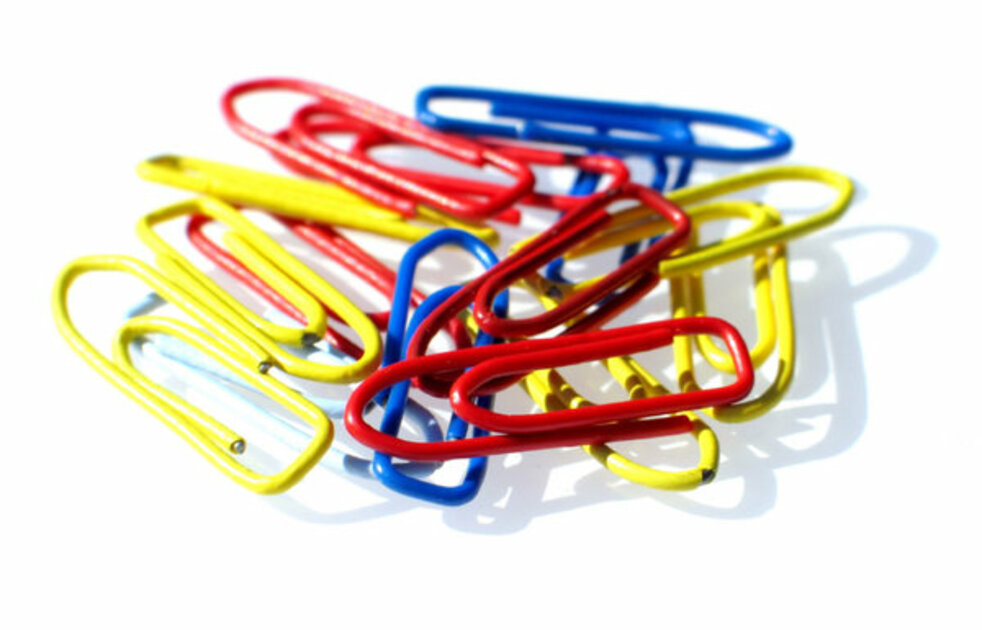
Hevei misunim ba’din, be deliberate in judgment. (Avos 1:1)
How much did it once cost when someone was not deliberate in judgment?
Rav Adda bar Ahava saw a non-Jewish woman who was wearing a karbalta, a racy garment inappropriate for Jewish women [Maharsha], in the marketplace. He thought that she was Jewish so he tore it from her. It was then determined that she was a Gentile. [She sued him and was awarded] four hundred zuz. Rav Adda said to her: What is your name? She replied: Masun. He said to her: Masun, Masun, is worth four hundred zuz. [I was fined twice the value “masun,” the Aramaic word for two hundred]. (Brachos 20a)
Rav Adda thought it ironic that his failure to be masun, deliberate in his judgment, caused him to make a costly mistake involving a woman named Masun. How costly?
Based on the price of silver today, Rav Adda was fined $1254.33!
How much does it cost a parent each time he should have been more deliberate in judgment? That amount varies. It may be higher than he will ever know.
How can you tell when a parent realizes he should have been more deliberate in judgment? When he reflects back on something he said or did and thinks I wish I hadn’t done that.
So why did he do it? Because he felt [fill in the blank: angry, frustrated, the list is endless]. What all of these possible emotions had in common at that moment was their intensity. The intensity made it difficult to determine a helpful response he would not regret later.
So you think he should have counted to ten and then done something?
I am not sure what counting to ten would accomplish.
If your pressure cooker alarm sounded, would you count to ten and then open the cover or would you first loosen the pressure and then count to ten again before opening the cover? You would probably choose the latter.
How did you make that choice? You deliberated before you acted. Instead of counting numbers, you weighed alternatives and considered outcomes.
How much is at stake when you are concerned about the pressure in a pressure cooker? Pressure cookers can explode but the level of the pressure that can build up inside of them doesn't go above the level of pressure inside a can of soda. You have probably seen a child shake a can of soda and open it, suddenly releasing the pressure. It exploded and nobody got hurt.
So what makes pressure cookers so dangerous?
Imagine that the soda in the can is scalding hot. A child shakes a can of soda and opens it, suddenly releasing the pressure. It explodes and...
That’s the real threat from a pressure cooker: If the cover is opened too soon it can spray scalding food in all directions.
What comes out when you allow your emotional pressure to build too high to contain? Scalding words.
What happens when you count to ten or take a deep breath without reducing the pressure?
Not much. Unless you use that time to deliberate in your judgment of what to do next. Or to decide not to do anything until you are sure you will choose and be able to do something constructive with your child.
Choose and be able to. Let’s look at each of those steps in parenting.
First, consider what alternatives there are to choose from in each situation. What different things could you say or do? Which child needs your help first?
Notice that I wrote could say or do, not should say or do. The only should is to be deliberate in judging what to do. That is a should because the Mishna says so.
Once you have chosen what you believe to be the best way to work with your child based on the child and the situation, you need to think about your ability to implement that choice at that time.
Your ability at that time or later depends on your emotional status. Here’s a mashol to illustrate what I mean:
Mirel spent many hours learning how to safely and effectively work with a chainsaw. The first time she looked up at a tree and turned on the saw her hands began to shake. She realized that she knew what to do with a chainsaw and that this was not the time to do it.
No matter how good your choice of what to do may be, if you are shaking emotionally, that’s not the time to do it.
Tell your child you will speak with him later. Then walk away until you have calmed down. Whatever you want to address with your child is important, not urgent.
It may help you to calm down if you think about this question:
Whose problem do I want to talk about with my child, mine or his? Yes, I know it is both. Each one needs to be considered separately.
When your problem with his behavior is causing you to shake emotionally, sit down and deliberate about how this problem is causing you to have such an intense reaction. If you can modulate your attitude toward the problem, you will stop shaking.
Once your emotions stop shaking, you will be able to calmly implement your plan to talk about and work on solving your child’s problem with meeting whatever expectation he is failing at.
When you slow down to deliberate in judgment you will avoid any penalties in zuzim or silver.
What you will gain in nachas is priceless.
Rabbi Yitzchak Shmuel Ackerman is a Licensed Mental Health Counselor with specialties in marriage, dating, and parenting.
He is the author of Confident Parents, Competent Children, in Four Seconds at a Time Available at bookstores and on Amazon.
He can be reached at 718-344-6575.

 Previous
Previous

